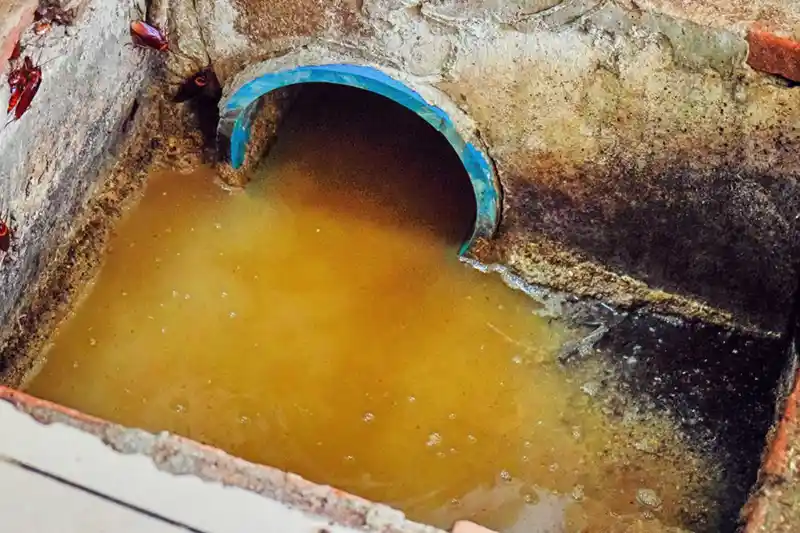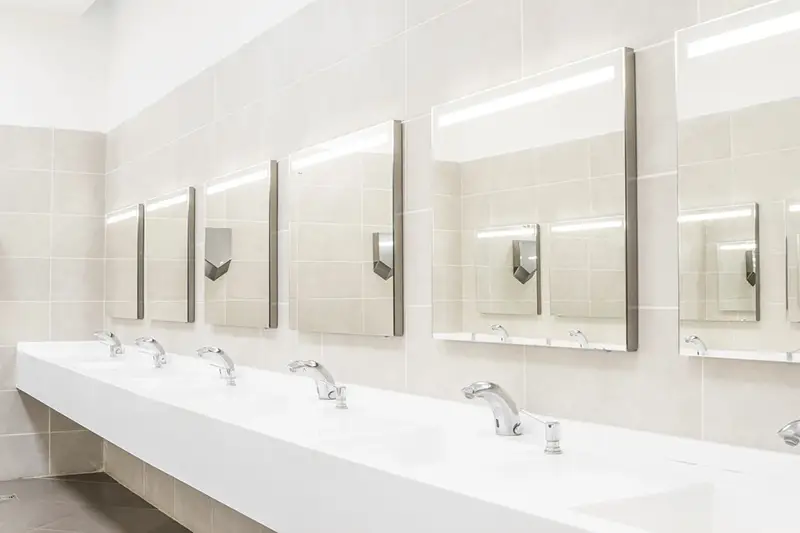A sudden spike in your water bill can be frustrating and confusing. If you’ve noticed an unexpected increase, there are several possible reasons behind it. Understanding these causes can help you address the issue and save money in the long run. Here are some common reasons your water bill might be higher than usual:
1. Hidden Leaks
Even a small leak can lead to significant water waste over time. Check for dripping faucets, running toilets, or leaks in hidden areas such as under sinks or behind appliances. A simple test: turn off all water sources and see if your water meter is still running.
2. Running Toilets
A toilet that constantly runs can waste up to 200 gallons of water per day! This is often caused by a faulty flapper valve, which can be easily replaced to stop the excess water flow.
3. Seasonal Water Usage
During warmer months, water usage tends to increase due to outdoor activities such as watering the lawn, filling a swimming pool, or washing your car more frequently. If your bill is higher in the summer, seasonal changes could be the culprit.
4. Increased Household Activity
Have you recently had guests staying over, or has your household size increased? More showers, laundry loads, and dishwashing can contribute to a higher water bill.
5. Faulty Water-Using Appliances
Older or malfunctioning appliances like dishwashers, water heaters, or washing machines may use more water than necessary. Consider checking for leaks, inefficiencies, or upgrading to water-efficient models.
6. Irrigation System Issues
If you have an automated sprinkler system, it might be running too frequently or have a hidden leak. Check for broken sprinkler heads or water pooling in your yard, which may indicate an issue.
7. Municipal Rate Increases
Your local water provider may have increased rates without you noticing. Reviewing your bill for changes in pricing structure can help determine if this is the cause.
8. Water Softener Malfunctions
A malfunctioning water softener may cycle excessively, wasting a significant amount of water. If you have a water softener, ensure it is operating efficiently and not using more water than needed.
How to Lower Your Water Bill
- Fix leaks promptly – Even minor drips add up over time.
- Upgrade to water-efficient fixtures – Low-flow toilets and showerheads can significantly reduce consumption.
- Monitor your water meter – Detect leaks early by regularly checking your meter.
- Be mindful of water use – Shorten showers, turn off taps when brushing teeth, and run full loads in dishwashers and washing machines.
- Schedule a professional inspection – A licensed plumber can identify hidden leaks and suggest improvements for better water efficiency.
If you’re dealing with high water bills and suspect plumbing issues, consider calling a professional to assess your home’s water usage. Addressing these problems early can help you save water—and money!





